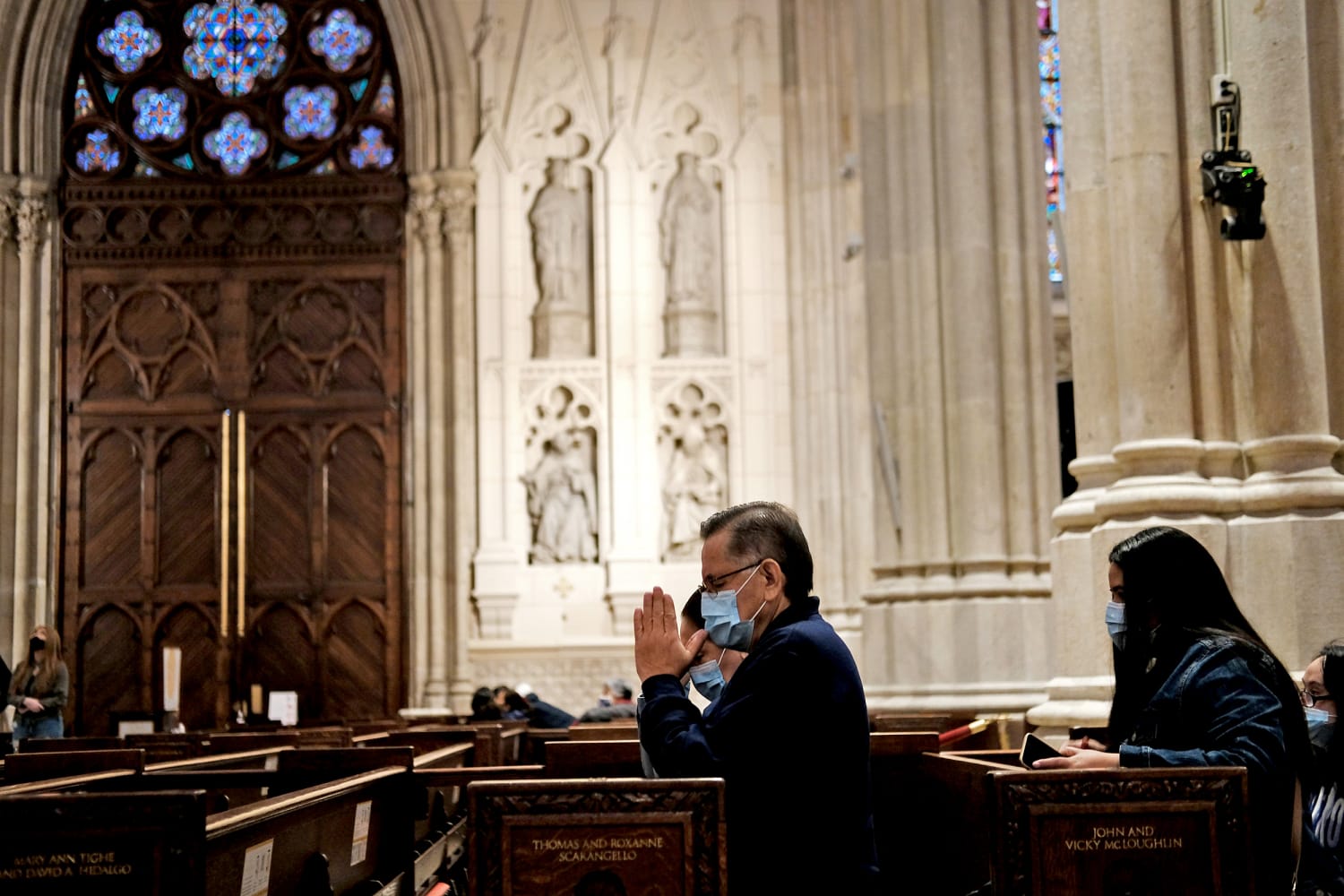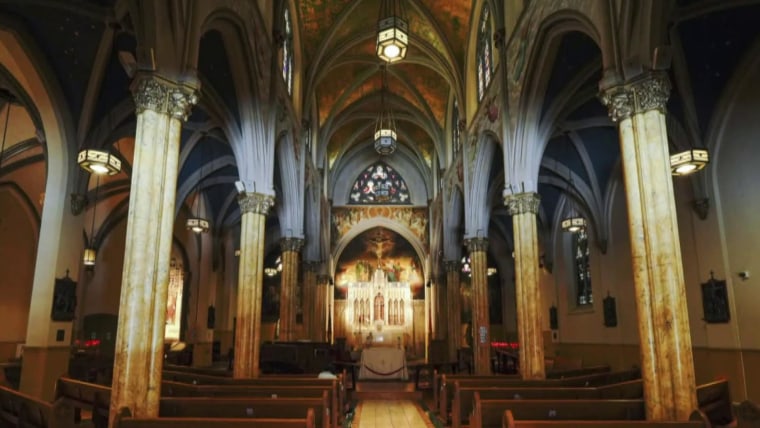If personal experience is a worthy teacher, I’d warn the Colorado and New Jersey religious plaintiffs in whose favor the Supreme Court ruled Tuesday to brace themselves for a slew of angry phone calls and emails.
The justices were not advancing some new draconian religious agenda. They were simply affirming an essential part of our nation’s foundational one.
That’s what was aimed at my organization, Agudath Israel of America, which advocates for the Orthodox Jewish community and for the religious rights of all Americans, after the High Court on Thanksgiving eve issued a 5-4 ruling in similar suits we and the Roman Catholic Diocese of Brooklyn filed against New York state — a decision that was explicitly referenced in the court’s most recent rulings.
In this week’s decisions, the justices ruled 6-3 for a Colorado church and unanimously for a New Jersey priest and rabbi in keeping with their earlier decision, which deemed New York’s Covid-19 restrictions on houses of worship in violation of the First Amendment’s Free Exercise Clause, which enshrines protection of religious beliefs and practices.
The angry responses to the court’s earlier ruling in favor of the Brooklyn Diocese and Agudath Israel weren’t the product of any intellectual disagreement about the fine points of constitutional law. The complaints, to a person, were what chutzpah it was for us to endanger the public by asking that religious venues be offered special treatment; and what supreme chutzpah it was for the court to grant our request.
No such special treatment, though, was either requested or granted.
Many were the hands wrung in the wake of the High Court’s New York decision by pundits lamenting the fact that the court now has a conservative majority. With the justices’ similar ruling in the Colorado and New Jersey cases, new expressions of woe are bound to be on their way.
The hand-wringers though, need to get a handle on things. Whether or not the current makeup of the Supreme Court will turn out to be the bogeyman its critics fear, dismantling human rights and committing judicial wrongs, will have to be seen.
But in their recent rulings on behalf of religious litigants, the justices were not advancing some new draconian religious agenda. They were simply affirming an essential part of our nation’s foundational one: the assurance the Constitution gives to all Americans that their religious beliefs and practices will not be cavalierly and unfairly curbed by government.
In the New York case, Gov. Andrew Cuomo had imposed Covid-19 attendance restrictions that affected houses of worship in certain neighborhoods, which is his prerogative. But the rules treated the religious venues more harshly than similar secular ones, which is not his prerogative.
Even the largest houses of worship, built to hold many hundreds of people, were limited to 10 occupants. But the state had no such fixed limit on a host of nonreligious places it chose to deem “essential” — a category that included, among other commercial establishments, liquor stores, bike shops and acupuncturists, where people might likely gather in closer proximity than in a spacious house of worship.
And while an argument raised in defense of disparate treatment of houses of worship is that services can last for long periods of time, which might be more conducive to spreading infection, that concern would rightly be addressed by limiting the length of time spent in any venue — whether a church, liquor store or supermarket.
In other words, no one was petitioning for churches, synagogues and mosques to receive special treatment, only that they shouldn’t be dismissed as less essential, and treated worse, than liquor stores. The court agreed.
“Even in a pandemic,” the unsigned majority opinion asserted, “the Constitution cannot be put away and forgotten.”
In a concurring opinion, Justice Neil Gorsuch bluntly but cogently put New York’s rules for “red zones,” where infection rates are highest, into perspective by noting that, “according to the Governor, it may be unsafe to go to church, but it is always fine to pick up another bottle of wine, shop for a new bike, or spend the afternoon exploring your distal points and meridians.”
It was important back in November for the court to set a precedent — or, more accurately, to restate, for clarity’s sake, the First Amendment.
“Who knew,” he zinged further, that “public health would so perfectly align with secular convenience?”
The reason Chief Justice John Roberts dissented was merely that the governor had since eased the restrictions being challenged, so there was no need for a ruling.
But there was a need. It was important back in November for the court to set a precedent — or, more accurately, to restate, for clarity’s sake, the First Amendment.
In a speech last month, Justice Samuel Alito expressed his concern that religious liberty in the United States is “fast becoming a disfavored right.” In its recent decisions, the High Court has thankfully put the brakes on that runaway train.
Source: | This article originally belongs to Nbcnews.com










